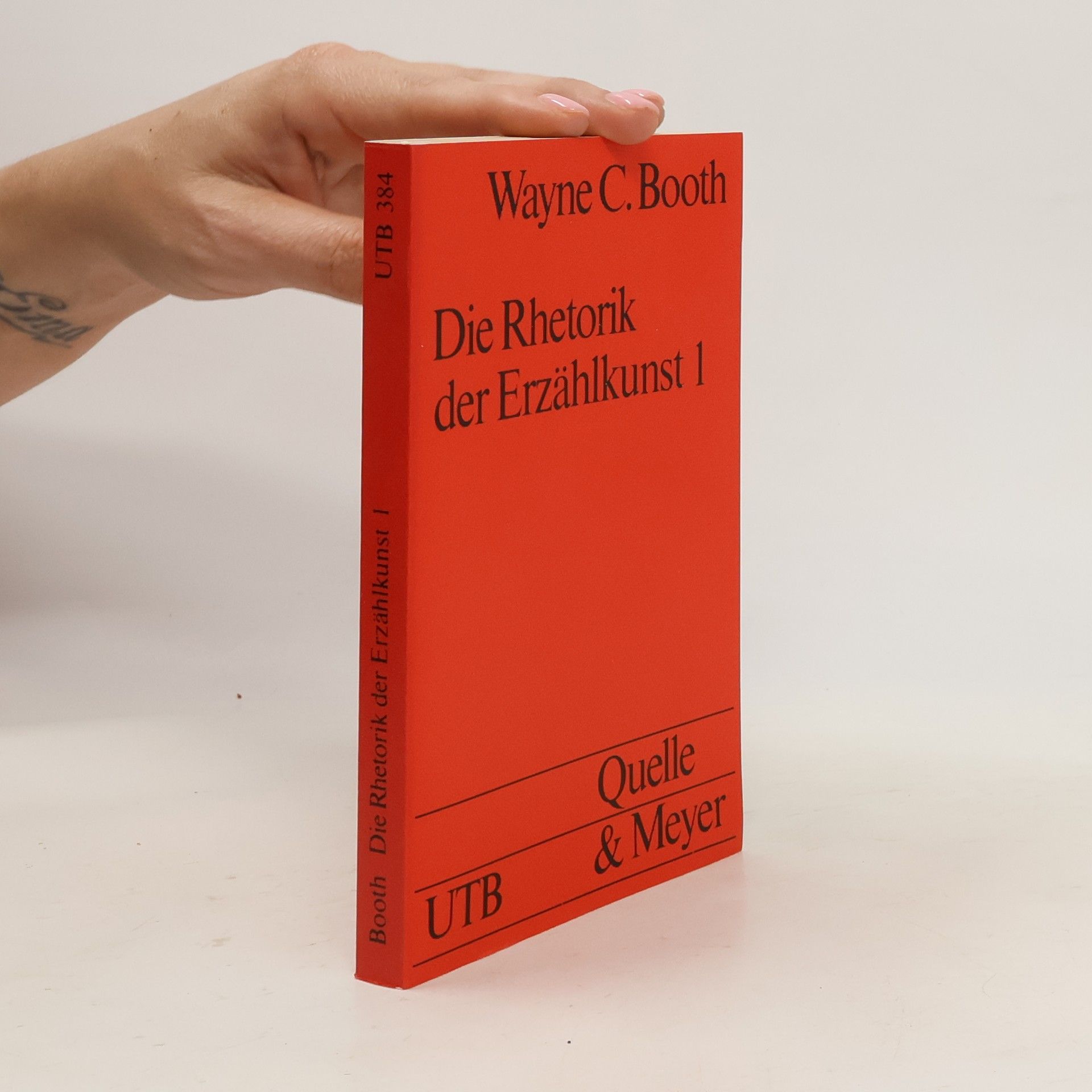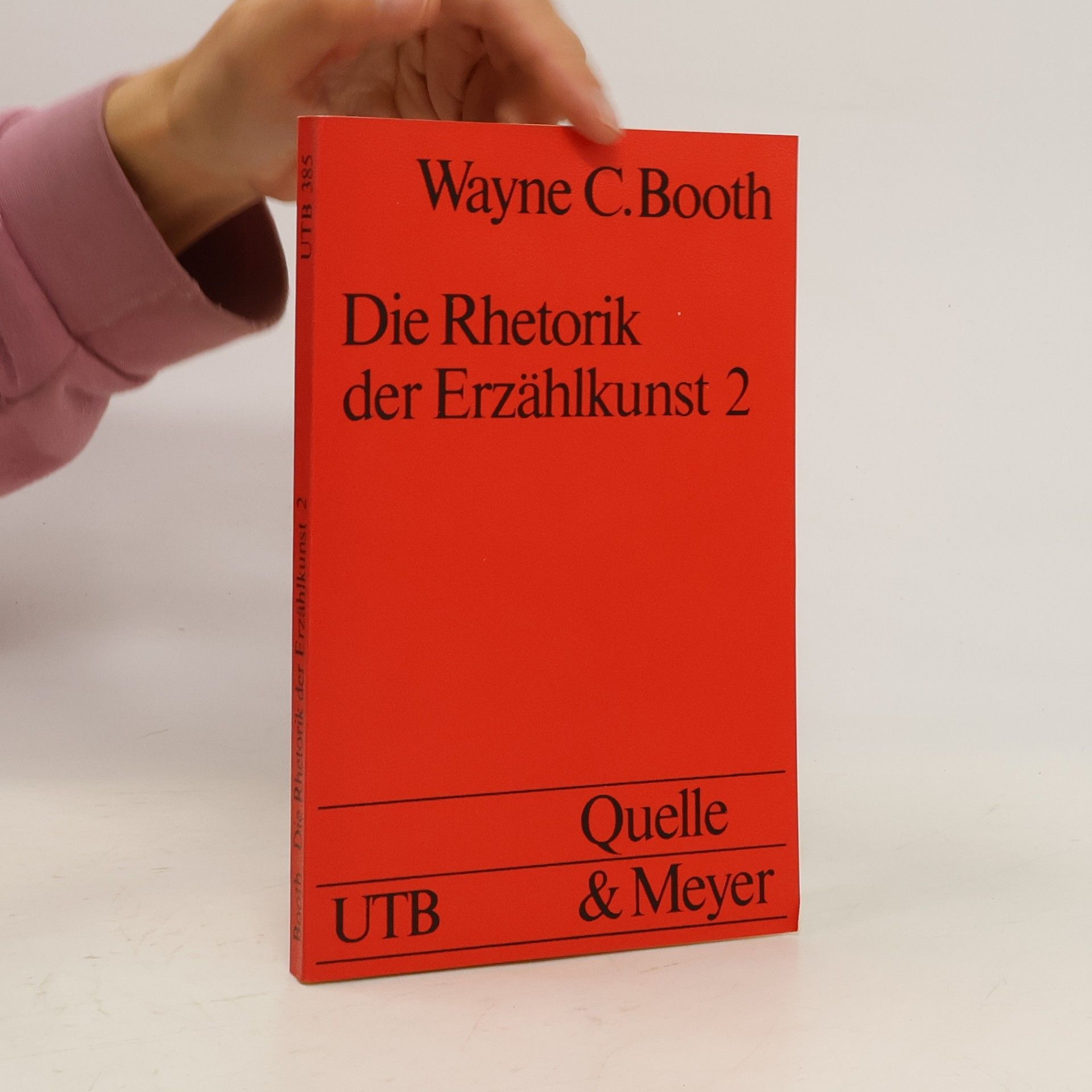A guide to the technologies, methods, and materials that can help writers of research papers.
Wayne C. Booth Book order (chronological)
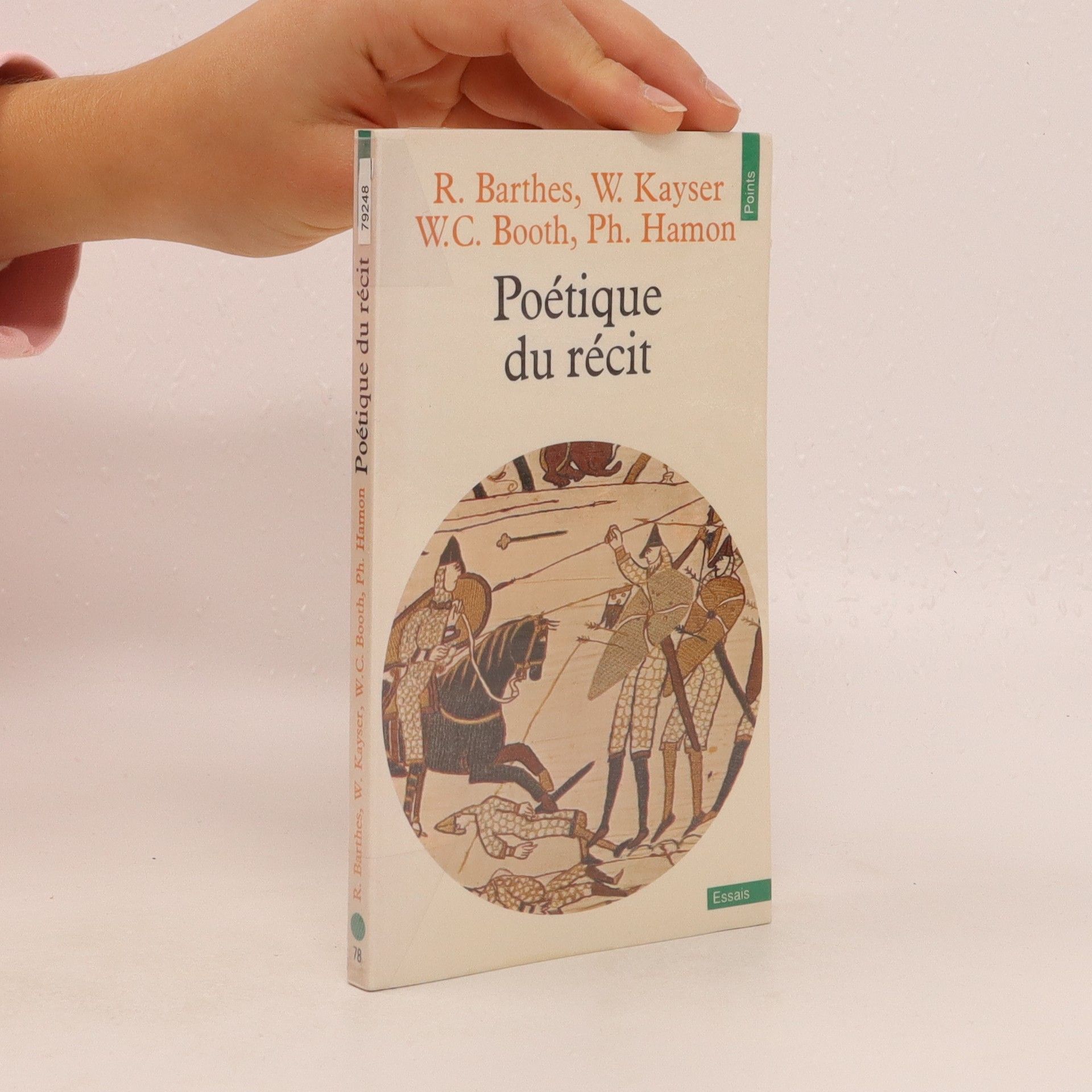

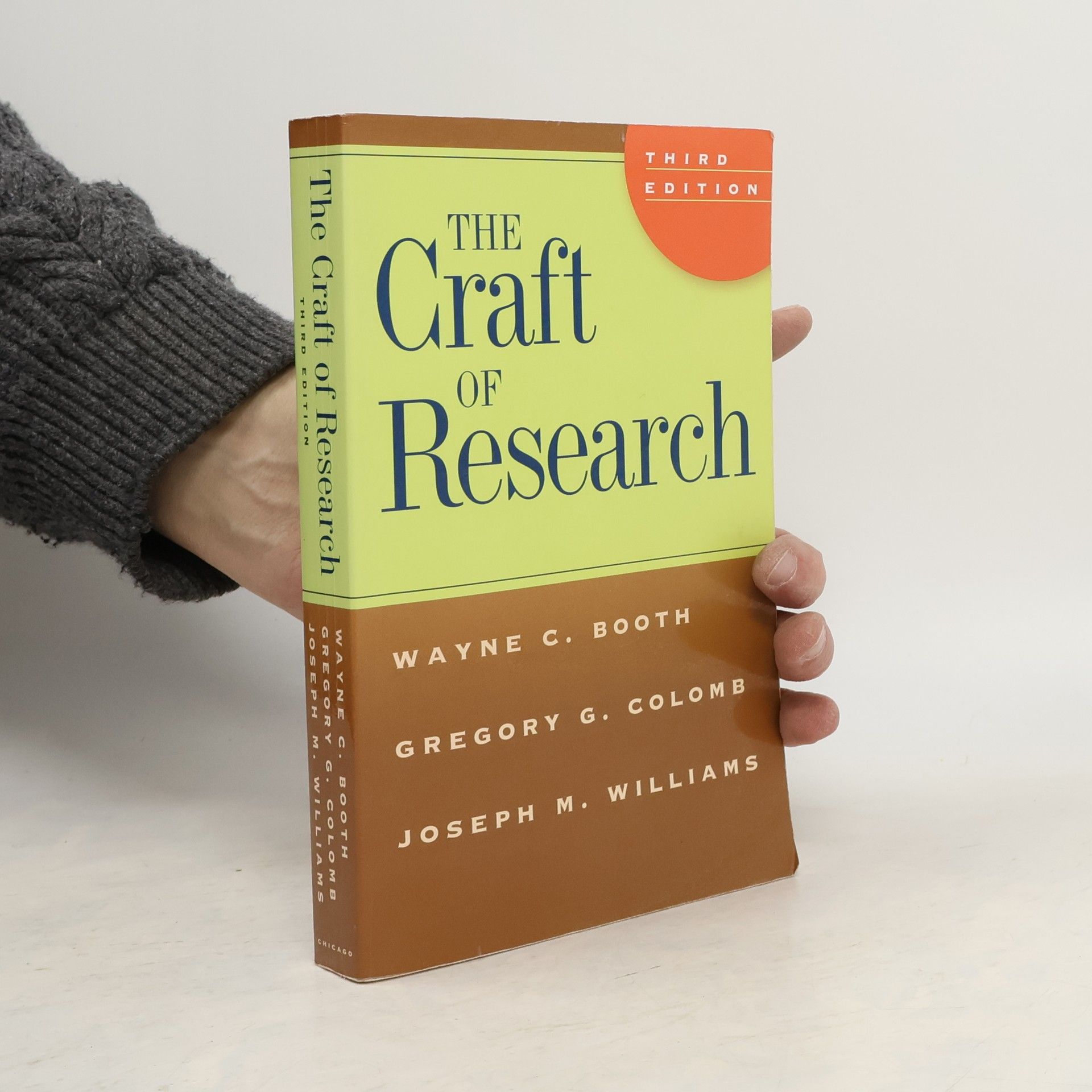
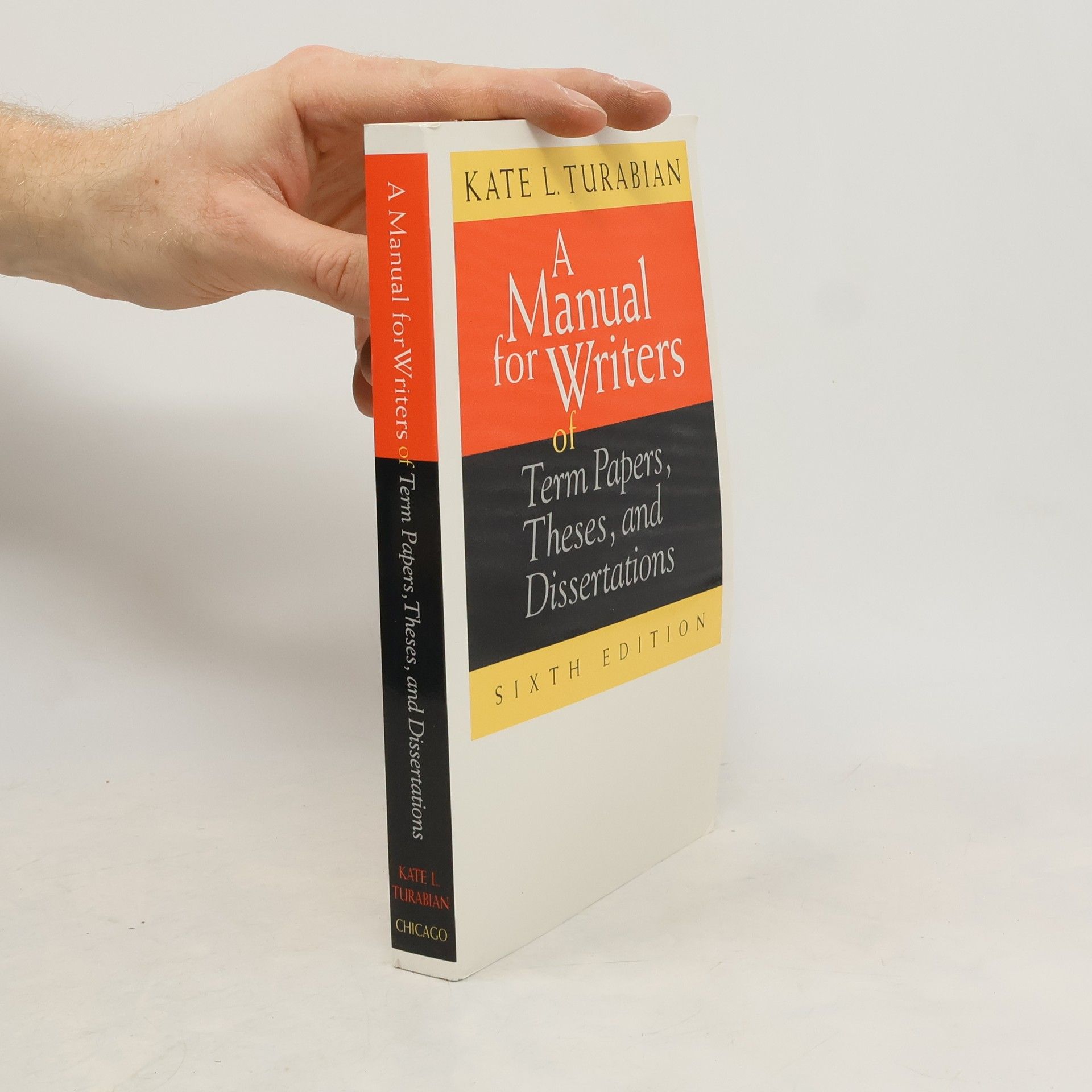


Along with many other topics "The craft of research" explains how to build an argument that motivates readers to accept a claim and how to create introductions and conclusions that answer that most demanding question "So what?"
The Craft of Research
- 306 pages
- 11 hours of reading
With more than 400,000 copies now in print, The Craft of Research is the unrivaled resource for researchers at every level, from first-year undergraduates to research reporters at corporations and government offices. Seasoned researchers and educators Gregory G. Colomb and Joseph M. Williams present an updated third edition of their classic handbook, whose first and second editions were written in collaboration with the late Wayne C. Booth. The Craft of Research explains how to build an argument that motivates readers to accept a claim; how to anticipate the reservations of readers and to respond to them appropriately; and how to create introductions and conclusions that answer that most demanding question, “So what?” The third edition includes an expanded discussion of the essential early stages of a research task: planning and drafting a paper. The authors have revised and fully updated their section on electronic research, emphasizing the need to distinguish between trustworthy sources (such as those found in libraries) and less reliable sources found with a quick Web search. A chapter on warrants has also been thoroughly reviewed to make this difficult subject easier for researchers Throughout, the authors have preserved the amiable tone, the reliable voice, and the sense of directness that have made this book indispensable for anyone undertaking a research project.
The first edition of The Rhetoric of Fiction transformed the criticism of fiction and soon became a classic in the field. One of the most widely used texts in fiction courses, it is a standard reference point in advanced discussions of how fictional form works, how authors make novels accessible, and how readers recreate texts, and its concepts and terms—such as "the implied author," "the postulated reader," and "the unreliable narrator"—have become part of the standard critical lexicon. For this new edition, Wayne C. Booth has written an extensive Afterword in which he clarifies misunderstandings, corrects what he now views as errors, and sets forth his own recent thinking about the rhetoric of fiction. The other new feature is a Supplementary Bibliography, prepared by James Phelan in consultation with the author, which lists the important critical works of the past twenty years—two decades that Booth describes as "the richest in the history of the subject."
Critics will always disagree, but, maintains Wayne Booth, their disagreement need not result in critical chaos. In Critical Understanding, Booth argues for a reasoned pluralism—a criticism more various and resourceful than can be caught in any one critic's net. He relates three noted pluralists—Ronald Crane, Kenneth Burke, and M. H. Abrams—to various currently popular critical approaches. Throughout, Booth tests the abstractions of metacriticism against particular literary works, devoting a substantial portion of his discussion to works by W. H. Auden, Henry James, Oliver Goldsmith, and Anatole France.
Sous ses formes presque infinies, le récit est présent dans tous les temps, dans tous les lieux, dans toutes les sociétés ; le récit commence avec l'histoire même de l'humanité ; il n'y a pas, il n'y a jamais eu nulle part aucun peuple sans récit ; toutes les classes, tous les groupes humains ont leurs récits, et bien souvent ces récits sont goûtés en commun, par des hommes de culture différente, voire opposée : le récit se moque de la bonne et de la mauvaise littérature : international, transhistorique, transculturel, le récit est là, comme la vie.Les spécialistes de plusieurs pays (France, Etats-Unis, Allemagne) se trouvent réunis ici autour d'une problématique commune : récit, narrateur, narration, personnage.
